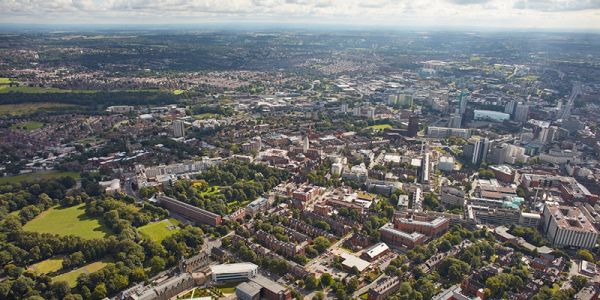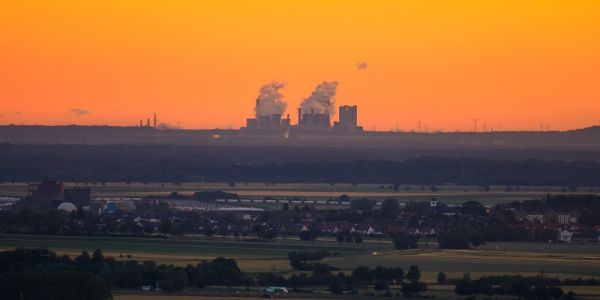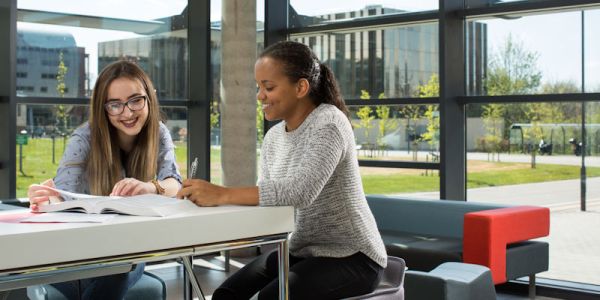
The benefits of investing in zero-carbon cities
A new report shows low carbon measures in cities could reduce urban emissions by nearly 90% and support 87 million jobs worldwide by 2030.

A new report shows low carbon measures in cities could reduce urban emissions by nearly 90% and support 87 million jobs worldwide by 2030.

Reducing fossil fuel emissions aggressively but gradually will not cause a large spike in short-term warming as feared, according to new research.

The University of Leeds has fully divested from significant fossil fuel extractors and has set out seven bold principles it will adopt to help tackle the climate crisis.

Professor Andrew Thorpe has been appointed as the next Executive Dean of the Faculty of Arts, Humanities and Cultures, and Professor of Modern History.

July's round-up of some of the latest research and education stories from the University.

Leeds and the City Region has been chosen to host a prestigious international programme, in partnership with one of the world’s most famous universities, Massachusetts Institute of Technology.

A new framework provides a robust scientific tool for researchers, policymakers and industry to calculate remaining global carbon budgets.

A nutritional survey of baby food on sale in Europe has shown that a significant number of products contain high sugar levels that contradict World Health Organisation (WHO) recommendations.

An evaluation of the global energy return on investment for fossil fuels and renewable sources reveals a much more level playing field than previously believed.

Leeds has won an award for embedding a collaborative approach to sustainability across all aspects of the University curriculum.